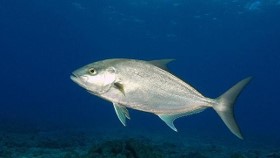EuroCigua II

The Framework Partnership Agreement (GP/EFSA/KNOW/2022/03) includes four specific agreements, covering: coordination, epidemiology, environmental modeling, toxin characterization and training.
It involves the participation of 11 organizations in the fields of food safety and public health from 5 European countries, among which are the three coordinators of the specific agreements: University of Vigo(Uvigo), the National Epidemiology Center (CNE-ISCIII), the Institute of Agri-Food Research and Technology (IRTA) . In addition, the Portuguese Food Safety and Economic Authority (ASAE)Canary Health Service, Instituto Nacional de Saúde DoutorRicardo Jorge (INSA), German Federal Institute for Risk Assessment (BfR), French Agency for Food, Environmental and Occupational Health & Safety (ANSES), National Institute for Public Health and the Environment from Netherlands (RIVM), University of Las Palmas de Gran Canarias (ULPGC) and the Portugués Institute of Sea and Atmosfere (IPMA) are included as partners.
The project also incorporate the technical cooperation of the European Food Safety Authority (EFSA), the European Centre for Disease Control (ECDC), the European Environment Agency (EEA),the European Commission, the Food and Agriculture Organization of the United Nations (FAO) and experts on field from the United States and Japan.


















